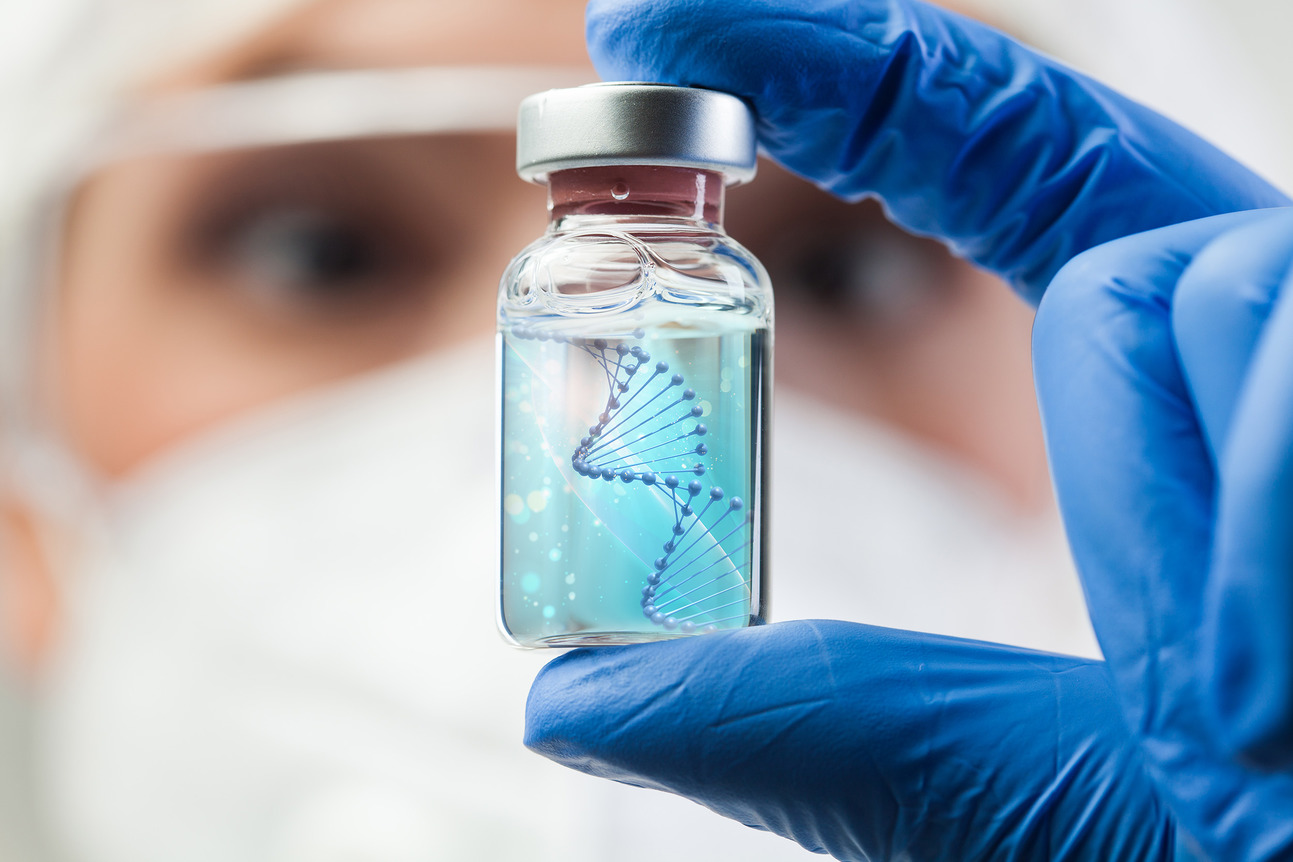Treatment methods

Research is underway on genetic therapies that may offer new treatments in the future. Genetic therapy may be aimed at correcting the defective gene responsible for the development of the disease.

To prevent excessive accumulation of iron in the body from frequent transfusions, patients are prescribed iron chelators. These medicines help remove excess iron from the body through urine or feces. The use of iron chelators requires ongoing medical supervision.

If the disease is severe and a suitable donor is available, bone marrow transplantation may be considered. This method can provide the patient with healthy hematopoietic cells and completely cure the disease.
The main cause of the disease is genetic mutations affecting hemoglobin production. Hemoglobin is made up of two parts: alpha and beta globin. Patients with thalassemia have either decreased production of these proteins or the formation of defective forms. The disease is passed from parents to children and the risk of developing it depends on heredity.
Patients may experience difficulty breathing due to lack of oxygen. In children with severe disease, development may be delayed. Reduced immunity can make the body more vulnerable to infections.
Diagnosis at MDI Clinic
The doctor performs a general blood test and measures the levels of hemoglobin, red blood cells, and other blood parameters. Patients with the disease usually have reduced hemoglobin and red blood cell counts, which can cause anemia.
Electrophoresis can determine the type and amount of abnormal forms of hemoglobin in the blood. Certain hemoglobin abnormalities may be found in patients with the disease.
Genetic testing can detect the presence of specific mutations associated with the disease. This is especially important when planning a pregnancy and assessing the risk of transmitting the disease to offspring. In rare cases, a bone marrow study may be required to assess the extent of bone marrow damage from thalassemia.
If severe disease is suspected in the fetus during pregnancy, amniotic fluid studies or chorionic biopsies are performed for diagnosis.
If a parent has a disease or genetic risk, family screening is recommended to assess the likelihood of passing the disease to offspring.
The best doctors in Israel
All doctorsPrice
How we are working
-
StepSubmitting an application

Simply leave a request or contact us at the numbers in the contact tab.
-
StepTalking to a counselor

You will be contacted by our consultant shortly after submitting your application. After the interview and review of the medical history, he will proceed to prepare a treatment program.
-
StepProgram preparation

Our specialists will draw up a personalized program, including a diagnosis and treatment schedule, the names and positions of the doctors, and the cost of treatment.
-
StepTravel arrangements

The coordinator will plan and organize the trip in every detail – from advice on preparing documents, to purchasing tickets, booking accommodation and even organizing excursions.
-
StepTreatment

Our staff will provide patient support throughout the diagnosis, treatment and rehabilitation period.

Форма обратной связи
"*" indicates required fields



















